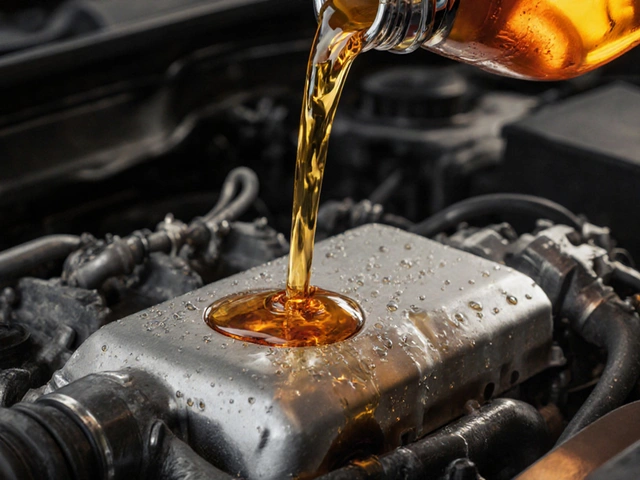Automotive Care Made Simple: Your Go‑To Guide
Keeping a car running smoothly can feel like a puzzle, but you don’t need a mechanic’s degree to piece it together. At Northwich Tyres Centre we’ve pulled together the most common questions drivers ask – from air filters to bent suspension – and turned them into easy, step‑by‑step advice you can use right now.
Everyday Checks That Save Money
Before you think about a big repair, start with the basics. A quick visual inspection of your tyres, brakes and wipers can spot trouble early. Look for tread wear below 3 mm, listen for squeaking brakes, and make sure both rear windscreen wipers are still attached (yes, it’s illegal to remove them in the UK). These simple actions cut down on costly visits to the garage.
Air filters are another low‑cost item that many ignore. While premium filters promise better performance, a well‑maintained standard filter does the job for most drivers. Change it every 12‑15 000 km or when you notice reduced fuel efficiency. If you love off‑road driving, a high‑flow filter might be worth the extra cash, but for city commuting the stock filter is fine.
When to Call the Pros
Some problems need more than a DIY fix. If you feel a shudder when turning, you could have a bent suspension or bad shocks. Driving with a damaged suspension isn’t just uncomfortable – it can affect wheel alignment and safety. Test the ride by pressing down on each corner; if the car bounces more than once, it’s time for a professional check.
Brake pads are another area where DIY can backfire. Changing only the rear pads may be okay if the front pads are still thick, but uneven wear can cause pulling or longer stopping distances. A full pad swap ensures balanced braking and keeps your MOT safe.
Clutch issues follow a similar pattern. A burning smell or slipping clutch means you’re losing grip on power. You can drive a short distance to get home, but prolonged use will damage the clutch further and increase repair costs. If you hear a grinding noise when you shift, replace the clutch sooner rather than later.
For engine‑related concerns like spark plug health or fuel pump performance, start with a quick test. A misfire, rough idle, or loss of power often points to worn spark plugs. Swap them out every 30‑40 000 km to keep the engine firing smoothly. Testing a fuel pump is a bit more technical – listen for a humming sound when you turn the key, and check pressure with a gauge if you have one. If the pump is weak, it can cause starting problems and poor fuel economy.
All these topics are covered in our detailed articles, each written with plain language and real‑world tips. Whether you’re wondering about alloy rim corrosion, the legality of removing a rear wiper, or the cost of a clutch replacement, you’ll find a clear answer and a next step.
Remember, regular maintenance is the cheapest way to keep your car safe and reliable. Keep a log of service dates, note any odd noises, and don’t wait for a small issue to become a big bill. When in doubt, drop by Northwich Tyres Centre – we’ve got the parts, the tools, and the expertise to get you back on the road quickly.
 22 December 2024
22 December 2024
Essential Signs Your Car Is Running Low on Engine Oil
A car running low on engine oil can lead to serious problems, including engine damage. This article explores common signs indicating an oil shortage in your vehicle. You will learn about warning lights, unusual engine noise, and oil leaks, among other indicators. Regular maintenance and check-ups can prevent these issues and extend the life of your car. Discover how you can keep your engine in peak condition.
Latest Posts
-

Top Tire Brands 2025: Best Choices for Every Driver
-

Can Bad Spark Plugs Cause a Car to Not Start? Here’s What Really Happens
-

Using Regular Oil Instead of Synthetic: Risks, Effects & What to Expect
-

Spark Plug Life Expectancy: How Long Do They Really Last?
-

Is MERV 11 the Right Choice for Your Home's Air Quality?
Tags
- car maintenance
- engine oil
- spark plugs
- brake pads
- engine performance
- vehicle maintenance
- spark plug replacement
- windshield wipers
- fuel pump
- suspension parts
- clutch replacement
- oil change
- clutch kit
- car suspension
- car performance
- air filters
- car radiator
- exhaust systems
- fuel pump replacement
- engine misfire

0